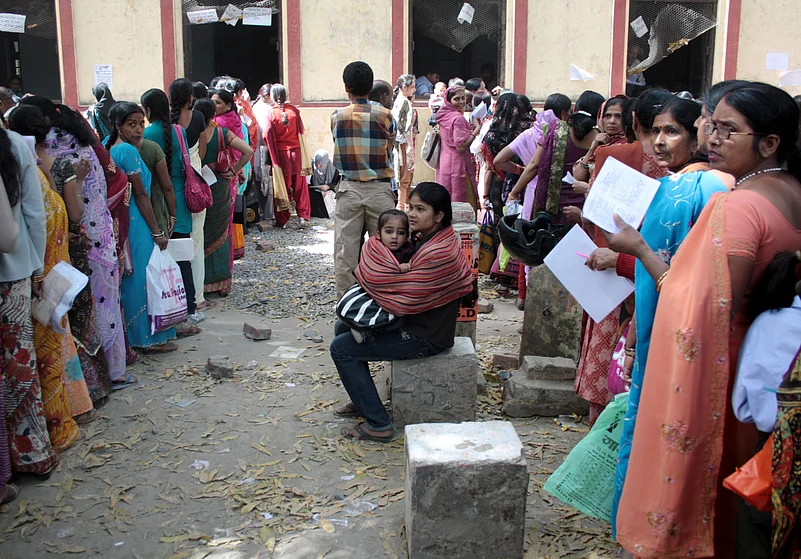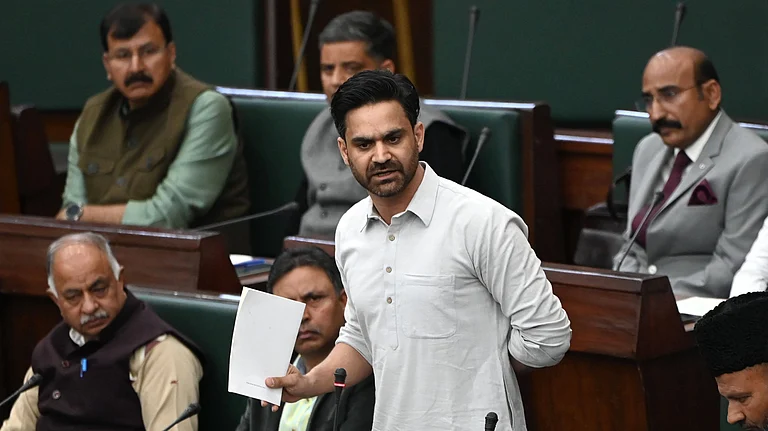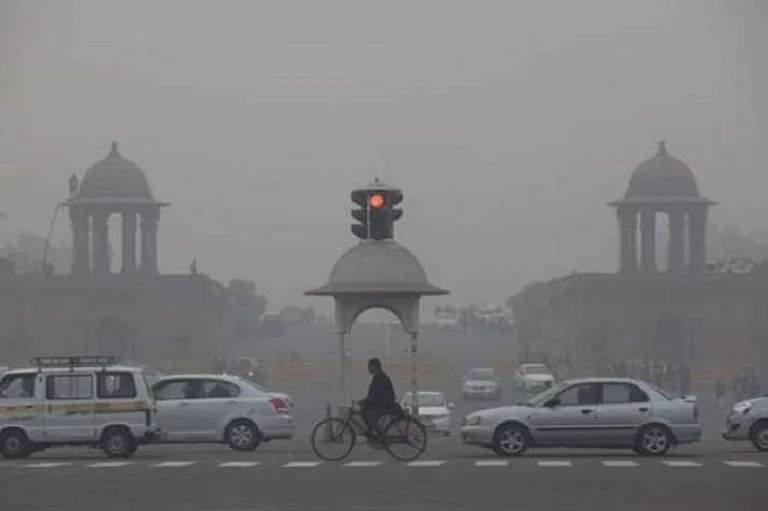Educated Indian youths are nine times more likely to be unemployed as compared to illiterate individuals, a report has found.
According to the India Employment Report 2024 released by the International Labour Organisation (ILO), the unemployment rate among graduates stands at 29.1 per cent as compared to illiterate individuals at 3.4 per cent. Even those with a secondary education have a worse unemployment rate than individuals who cannot read or write, at 18.4 per cent.
Among the educated youth, women were worst-affected and faced higher levels of unemployment as compared with educated male youths.
However even though graduates had a higher unemployment rate, they were also the group reported to have better jobs with a regular salary. And youths with little education engaged more in casual or informal work.
Youths with technical degrees were found to be more predominant in formal or regular employment and were primarily associated with the tertiary sector including business, telecom, finance and information technology.
The report also found that youth were less engaged in agriculture and more engaged in industry services and as youth grow older and acquire higher level of education they are less likely to be involved in farm-activities. Between 2000 and 2019, youths shifted out of agriculture much more than adults. The share of youths in agriculture declined by 27 per cent while it increased by 14.2 per cent in the services sector and 12.8 per cent in the industrial sector.
However, during and after the COVID period, between 2019 and 2022, there was an increase in the proportion of young workers in the agriculture sector and a decline in the industrial and services sectors.
The youth unemployment rate in India has been rising over the past several decades – from 5.6 per cent in 2000 to 6.2 per cent in 2012, and then increasing threefold, to nearly 18 per cent in 2018, and reaching around 15.1 per cent in 2020.
The report stated that the unemployment in educated youths was particularly high and exceeded global averages. The proportion of unemployed youth with an education rose from 54.2 per cent in 2000 to 65.7 per cent in 2022.
The ILO report also found that youth participation (aged 15-24) in the labour market has been much lower than among adults and declined between 2000 and 2019, primarily due to greater participation in education. The proportion of youths pursuing education has more than doubled, from 18 per cent in 2000 to 35 per cent in 2022. While the percentage of individuals involved in economic activities went from 52 per cent to 37 per cent during the same period.
And in 2022, 53.5 per cent of young men were involved in economic activities, compared with only 19.1 per cent of young women. Women were seen spending more time on domestic duties. In numbers, 79.1 million young women engaged in domestic duties, compared with only 1 million men.





























